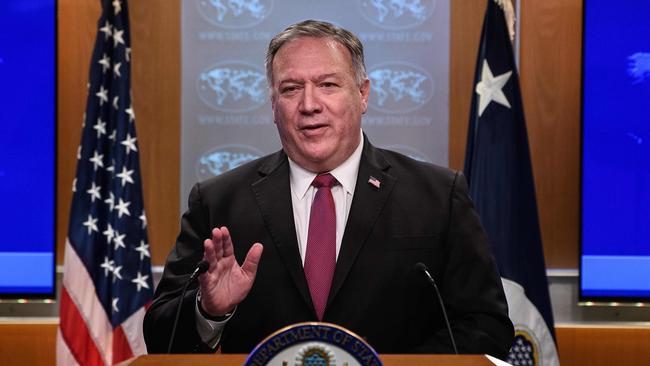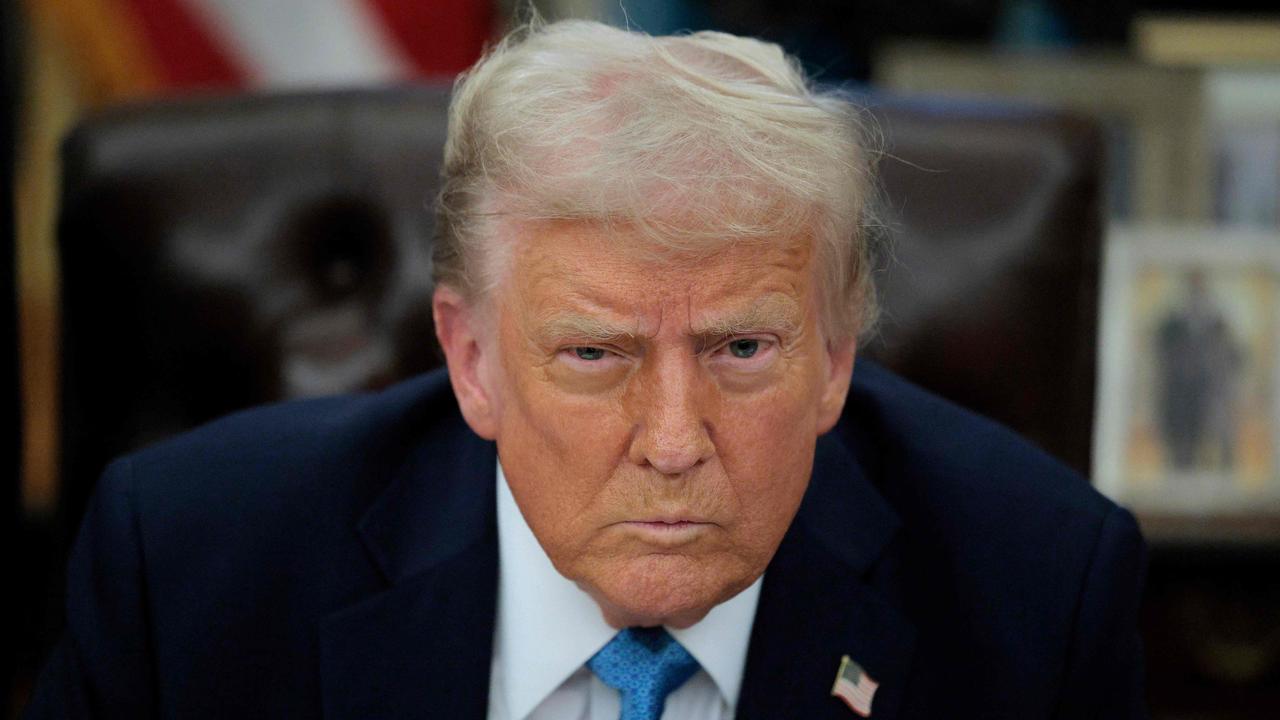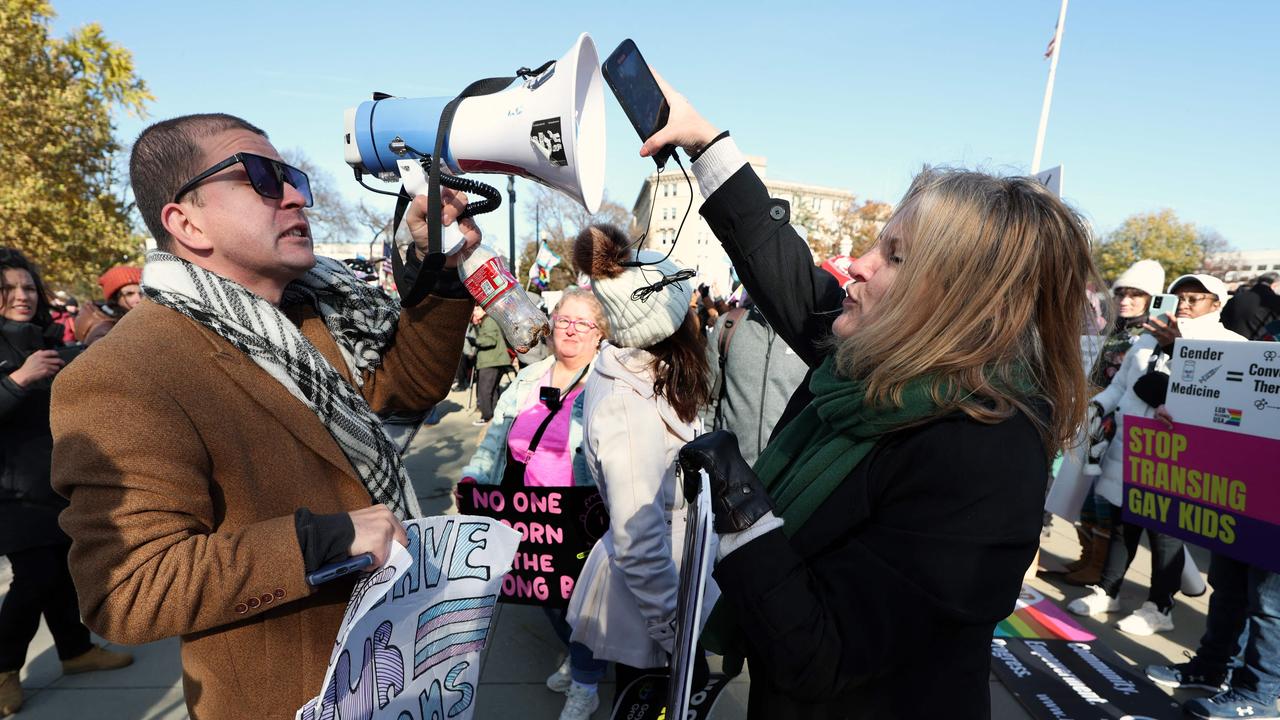Mike Pompeo renews Asian charm offensive to keep China in check
Mike Pompeo will make his second visit to Asia in a month as efforts to build a democratic buffer against Chinese influence.

US Secretary of State Mike Pompeo will make his second visit to Asia in a month this weekend, stopping first in India, then Sri Lanka, the Maldives and Indonesia, as the Trump administration accelerates efforts to build a democratic buffer against China’s influence in the Indo-Pacific.
The five-day visit comes after Mr Pompeo met his Quadrilateral nation counterparts from Japan, Australia and India in Tokyo earlier this month where he spoke of building a security fabric against Chinese regional aggression.
On Thursday, America’s top diplomat told a press briefing: “On every stop I will discuss a broad range of bilateral topics, but also work to find out with each of those countries the best ways that we can make sure that we co-operate to preserve a free and open Indo-Pacific.”
The meetings would “also include discussions on how free nations can work together to thwart threats posed by the Chinese Communist Party”, he said.
The India visit, which will include an annual “two-plus-two” meeting of Indian and US foreign and defence ministers, coincides with a deadly, ongoing conflict between China and India on the two nuclear-armed nations’ shared Himalayan border.
The US State Department has said the talks are aimed at expanding America and India security co-operation, with the two nations expected to lay the groundwork for signing the Basic Exchange and Co-operation Agreement for Geospatial Co-operation.
In Sri Lanka, Mr Pompeo is expected to push for Colombo to renew a visiting forces agreement for the US military that has been deferred since the return to power of the Rajapaksas, whose heavy reliance on Chinese loans before their 2015 election loss left the country indebted to Beijing and forced to hand over a strategic port to a Chinese state-owned company.
Griffith University Asia analyst Ian Hall said there was an expectation the Rajapaksa government would sign the VFA, “which will be interesting because that will be seen as a swing back” towards Western powers.
The Maldives, too, has found itself heavily indebted to China, to the alarm of its much larger neighbour India, which has recently come to its rescue with more than $US2bn in infrastructure and pandemic-related aid. Last month, the US sealed a defence co-operation agreement with the archipelagic nation, committing the US to provide defence and security assistance and signalling a shift for the Maldives, which only a few years ago looked firmly in Beijing’s camp.
Dr Hall said the decision to add Indonesia on the end of a South Asia trip also reflected ramped up efforts by all Quad nations to court Southeast Asia’s largest economy.
“It seems there’s a real attempt now, having had Indonesia take the lead to some extent on the ASEAN outlook on the Indo-Pacific, to draw Indonesia closer to the Quad partners,” he said. “Coupled with (Japanese Prime Minister Yoshihide) Suga going to Vietnam and then Indonesia this week, there seems to be this charm offensive and efforts to inch Indonesia towards taking a slightly stronger stance on China.”
Asked about his visit to Jakarta, Mr Pompeo said: “I know the Indonesians share our desire that there is a free and open Indo-Pacific”. Southeast Asian nations want to ensure “their basic rights — their maritime rights, their sovereign rights, their ability to conduct business in the way that they want to inside of their country (that) the Chinese Communist Party continues to threaten”.
Indonesian Foreign Minister Retno Marsudi confirmed she would meet with Mr Pompeo and that he would also attend a forum on religion and society.
A senior Indonesian foreign ministry official told The Australian the US and Indonesia were strategic partners who held “very extensive exchanges”, and visits by a number of senior US military and civilian officials reflected “our strong bilateral relationship”. He would not confirm a Reuters report that Jakarta had rebuffed repeated US requests in recent months to allow its P-8 Poseidon maritime surveillance planes to land and refuel there.
China has been accused of capitalising on the pandemic to escalate its defence of its claim to 90 per cent of the South China Sea through naval, coastguard and fishing deployments in Malaysian, Philippine, Indonesian, Vietnamese and Taiwanese waters.
Additonal reporting: Chandni Vasandani



